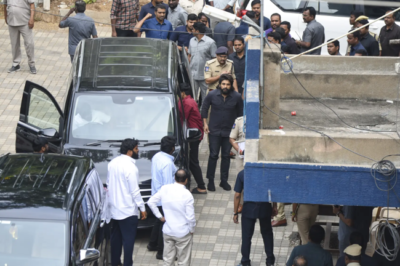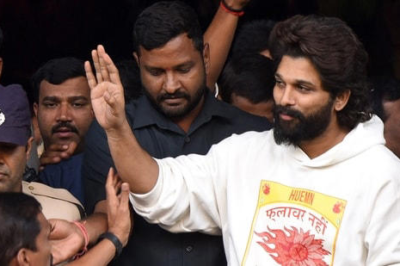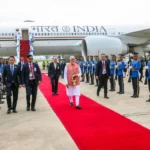
Bangladesh is in the midst of significant political turmoil, with former ministers and government officials attempting to flee the country amidst massive and deadly protests. On Tuesday, former Information and Technology Minister Zunaid Ahmed Palak was detained at Dhaka’s Hazrat Shahjalal International Airport while trying to escape to India. Similarly, former Foreign Minister Hasan Mahmud was arrested at the airport and later while attempting to flee through a land port on the India-Bangladesh border.
Key Developments
Attempted Escapes:
- Zunaid Ahmed Palak: Detained at the airport while trying to flee to India.
- Hasan Mahmud: Initially arrested at the airport, he was caught again trying to escape through a land port.
Political Unrest:
- The detentions follow the resignation of Awami League party chief Sheikh Hasina, who fled to India amidst month-long anti-government protests.
- Hasina, currently at Hindon Airbase in Ghaziabad, India, is seeking political asylum, reportedly in the UK, although European countries are also being considered. The UK has not shown willingness to grant her asylum.
- Hasina’s visa has been revoked by the United States, and Western nations, including the US, have been reported to seek her ousting.
Protests and Violence:
- Offices of the Awami League party across Bangladesh have been torched and looted.
- Protesters have stormed parliament, burnt TV stations, and destroyed statues, including that of Sheikh Mujibur Rahman, Hasina’s father and Bangladesh’s independence hero.
Government Response:
- Bangladesh President Mohammed Shahabuddin dissolved the Parliament following an ultimatum from student protesters.
- Bangladesh’s Army Chief General Waker-Uz-Zaman took over the administration and announced the formation of an interim government after Hasina’s resignation.
- In a televised address, General Zaman confirmed Hasina’s resignation and stated the Army’s responsibility for law and order, instructing both the Army and police to avoid firing shots at protesters.
Background of Protests:
- The protests were fueled by discontent over the controversial quota system that reserves 30 percent of government jobs for families of veterans who fought in the 1971 liberation war.
- The protests escalated into widespread anti-government demonstrations, demanding significant political changes and accountability.
International Reactions:
- Indian External Affairs Minister S. Jaishankar informed Parliament that Hasina reached out to India for safe passage and received approval to travel to India at “very short notice.”
- The situation has attracted international attention, with concerns about stability and human rights in Bangladesh.
Conclusion
The detention of former ministers Zunaid Ahmed Palak and Hasan Mahmud, along with the political chaos following Sheikh Hasina’s resignation, underscores the severity of the unrest in Bangladesh. As the Army takes control and an interim government forms, the international community watches closely, hoping for a peaceful resolution to the crisis. The future political landscape of Bangladesh remains uncertain as the nation grapples with these significant upheavals.




































Leave a Reply